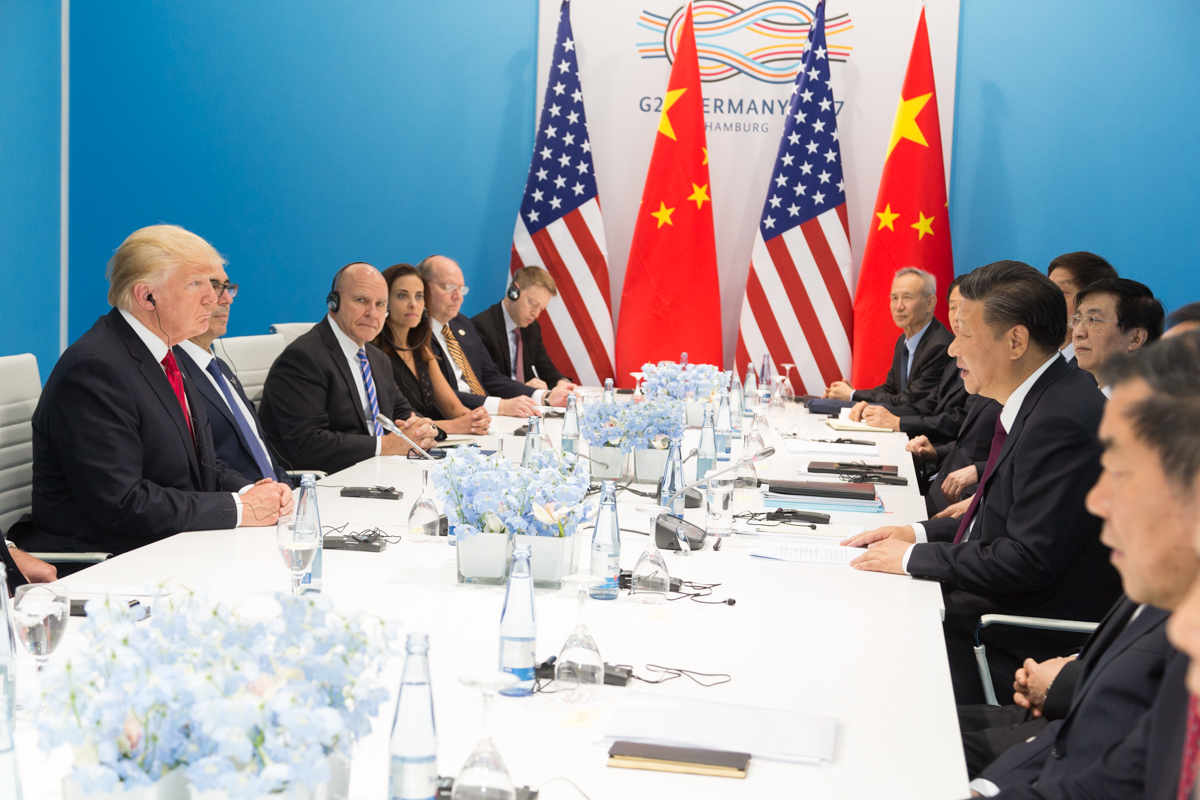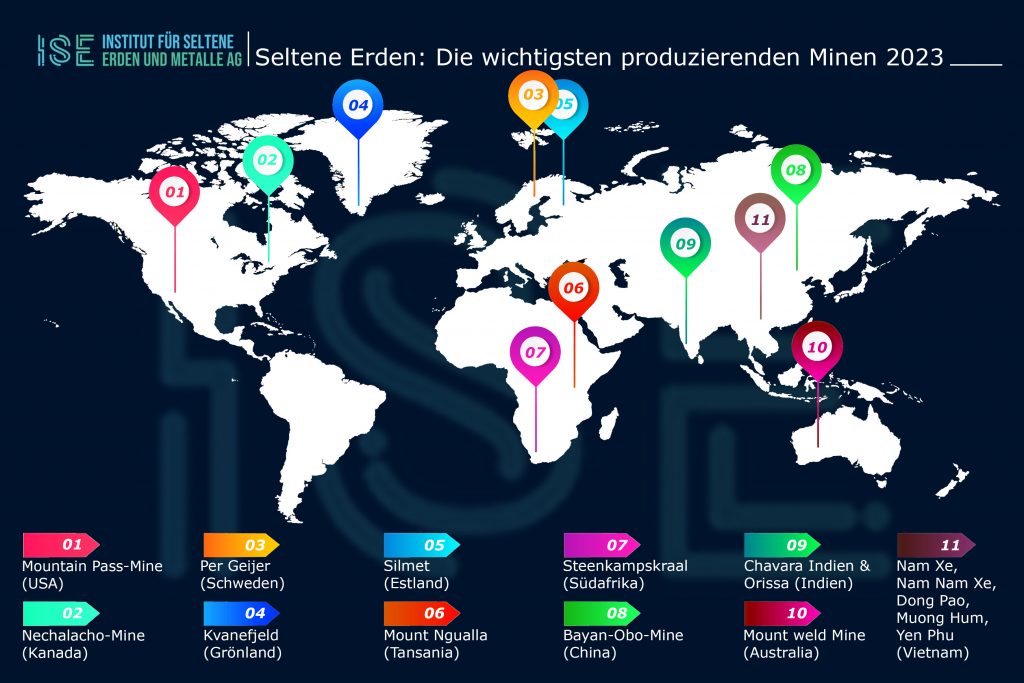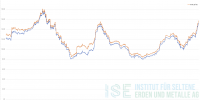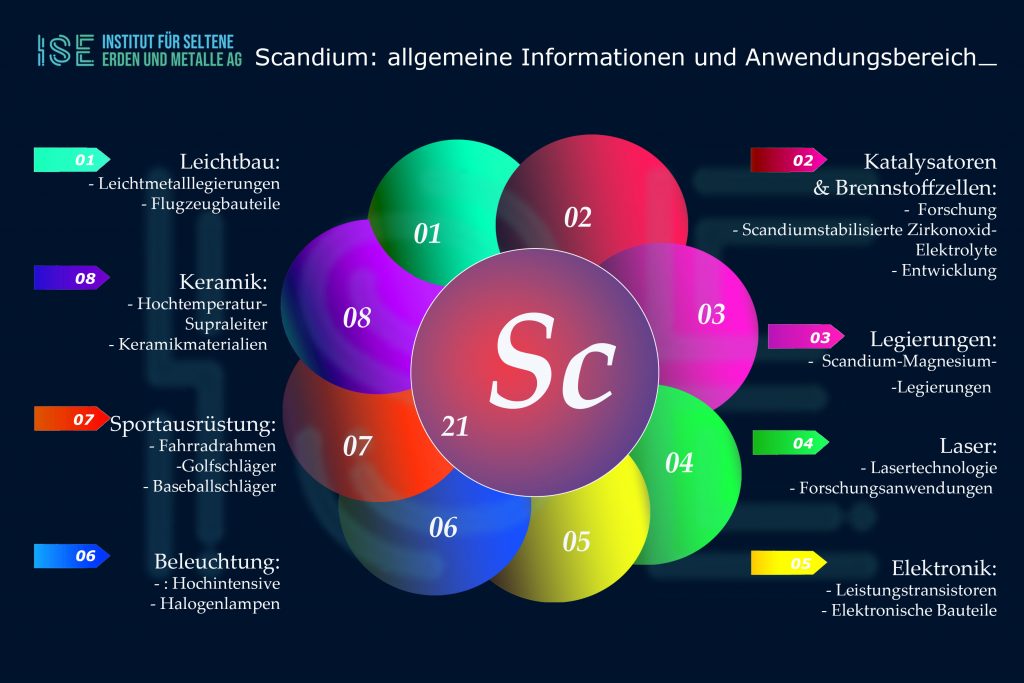In the US, more and more Fortune 500 companies are concerned about the impact of Donald Trump's trading strategy on China, according to the US Chamber of Commerce.
Forty-three percent of Fortune 500 companies - up from 30 percent earlier this year - have expressed concern over the US president's tariff dispute with China.
Tariffs could be at a point where they are "seriously" damaging businesses, consumers and the wider economy, the report said.
More than four out of ten - or 43 percent - of Fortune 500 companies have voiced concerns in recent months over US President Donald Trump's aggressive and unpredictable tariff war with China, according to a report by the US Chamber of Commerce on Friday.
This number has increased from 30 percent at the beginning of the year.
Fortune 500 companies are large American companies that make up about two thirds of the United States GDP.
Executives at 139 of the companies that raised concerns specifically discussed the impact of tariffs and trade tensions on their companies on revenue issues between the 1. June and the 24. August, the Chamber says.
Federal Reserve Chairman Jerome Powell said Friday that the trade war between China and the US is dampening corporate investment decisions.
"I think it is the case that the uncertainty in trade policy is causing some companies to hold back on investments now," Powell said in Switzerland at the University of Zurich in a speech on the economic outlook and interest rate policy in the US.
“We heard a lot about the uncertainty. In order for companies to be able to make long-term investments in plants or equipment or software, in particular, they want a certain security so that the demand is there. "
China and the US urged to ease tensions that “weigh on” world trade.
Analysis by the Chamber of Commerce, the largest US corporate lobby group, found that manufacturing and industrial companies were among the companies most insecure with Trump's tariff strategy, followed by retailers and technology companies.
"Tariffs on imports from our largest trading partners, China in particular, could reach a tipping point where they could have a serious impact on businesses, consumers and the wider economy," wrote the report's author, Thaddeus Swanek.
Prior to Friday's report, the Chamber had asked the Trump administration to end the tariff battle.
"For the Trump administration, the escalation of trade tensions with China must come to an end," wrote chamber chief Tom Donohue in the Washington Post last week.
Just last Sunday, new tariffs on 125 billion dollars on Chinese goods, including shoes and smartwatches, came into effect after the president said he was disappointed with China's hesitant efforts to buy US agricultural products.
Although both the US and China announced this week that trade talks will resume in early October, a swift agreement to end hostilities is unlikely, many analysts and observers said.
Without a trade agreement, the US is well on its way to raising tariffs to 250 billion dollars for Chinese imports next month.
Another round of 15 percent fares is scheduled for mid-December. Thus, the total amount of the goods under punitive tariffs would amount to 550 billion USD, which would constitute virtually all Chinese imports into the US.
China, USA, urged to reduce trade war tensions, which "burden" world trade, says IMF chief economist.
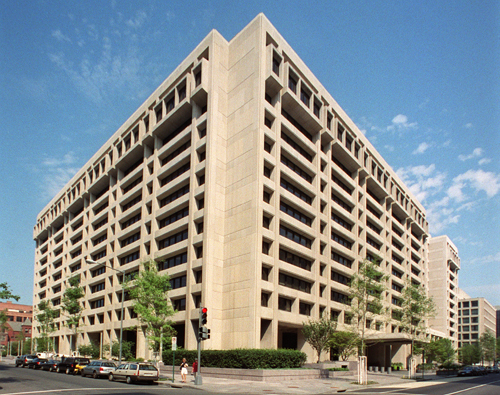
The International Monetary Fund (IMF), also known as the International Monetary Fund, is a United Nations specialized agency based in Washington, DC, USA.
Gita Gopinath, the chief economist of the International Monetary Fund (IMF), said in Beijing on Friday that "there has been a weakness in trade in all areas".
The IMF has already lowered China's growth forecast for 2019 by 0,1 percentage points to 6,2 percent and global growth by 0,1 percentage points to 3,2 percent.
The International Monetary Fund again demanded on Friday that China and the United States reduce trade tensions to reduce the already significant downside risks their controversy poses to the global economy, one day after the two countries agreed, the next Month again to start personal negotiations.
"Trade tension and trade disputes are certainly affecting trade," said Gita Gopinath, chief economist of the International Monetary Fund (IMF), in Beijing on Friday.
"If you look at the US, China, and emerging Asia, there was a weakness in retail across the board."
The warning came when Gopinath's team created the latest IMF economic forecasts for 2019. In previous July forecasts, the IMF revised China's growth forecast by 0,1 percentage points to 6,2 percent.
and global growth by 0,1 percentage points to 3,2 percent.
Despite market concerns that the risks of a global recession are rising, Gopinath said that the current tensions between China and the US are mainly affecting the merchandise trade, although the services sector is still performing well.
The IMF economist stressed that higher bilateral tariffs are unlikely to help reduce macroeconomic trade imbalances, which is a long-term perspective for the Washington-based fund.
She also defended the need for exchange rate flexibility and market volatility, adding that a weaker currency would give a limited boost to exports in the short term.
Gopinath reiterated the IMF's recent assessment that the weaker yuan exchange rate 2018 was in line with China's economic fundamentals, in contrast to the US assessment that China deliberately weakened its currency to gain competitive advantage.
Exchange rates between the US dollar and the yuan are a new battlefield between the two largest economies in the world, after their tariff-easing measures have escalated since the end of July, covering most of bilateral trade.
The US Treasury Department announced a month ago that it has officially designated China as a foreign exchange manipulator,
Shortly thereafter, the yuan fell below the psychological mark of 7 against the US dollar, a level previously held by the Chinese central bank. Beijing denied the indictment and instead attributed the decline in the yuan to market reactions to US President Donald Trump's threat to increase US tariffs as of September, and reaffirmed his commitment not to devalue the currency in order to gain a competitive advantage.
Huang Yiping, deputy dean of the National Development School of Beijing University, said that since 2017, China has not carried out any direct intervention in the foreign exchange market, with the currency being managed through the daily fixing and trading band to prevent excessive trading Market volatility endangers financial stability.
Huang, a former advisor to the People's Bank of China (PBOC), said he would not recommend that Beijing write off the yuan to offset the economic impact of the trade war.
“As the economy is more open, there is another problem. Our study showed that in China, the impact through the financial channel outweighs the impact [the impact through the trade channel], ”he added.
The yuan has continued to weaken against the US dollar after a fall of 3,8 percent in August. The US dollar-yuan middle rate was set by the PBOC on Friday on 7,0855, while the on-shore price on 7.12. lock.
Zhou Hao, senior emerging markets economist at Commerzbank, said the central bank added a significant "countercyclical factor" to the calculation of its daily yuan fix, which remained at 7,08 levels for more than a week, which is a means new “red line” for the US dollar-yuan market rate at around 7,20.
“Obviously the PBOC wants to slow the rate of devaluation of the yuan. As we have argued, gradual and manageable currency devaluation is in the best interests of Chinese politics, ”he said.
China's leading US and US retailers are expected to resume personal trade talks in Washington early next month, for the first time in more than two months. Deputy-level meetings will begin in mid-September to work out details for the October meeting, a spokesperson for the Chinese Ministry of Commerce confirmed Thursday.
Shaun Roache, chief Asia Pacific economist at S&P Global Ratings, said China has short-term policy space to deal with the "Great Game," the term that defines trade and technology tensions with the US .
However, he called on China to commit to structural reforms and economic openness rather than relying on traditional economic stimulus.
“We think you can make a deal. The US is ready to strike a deal. But both countries have to make some compromises and they won't get everything they want, ”said Roache on Thursday.
South China Morning Post / ISE - September 2019
